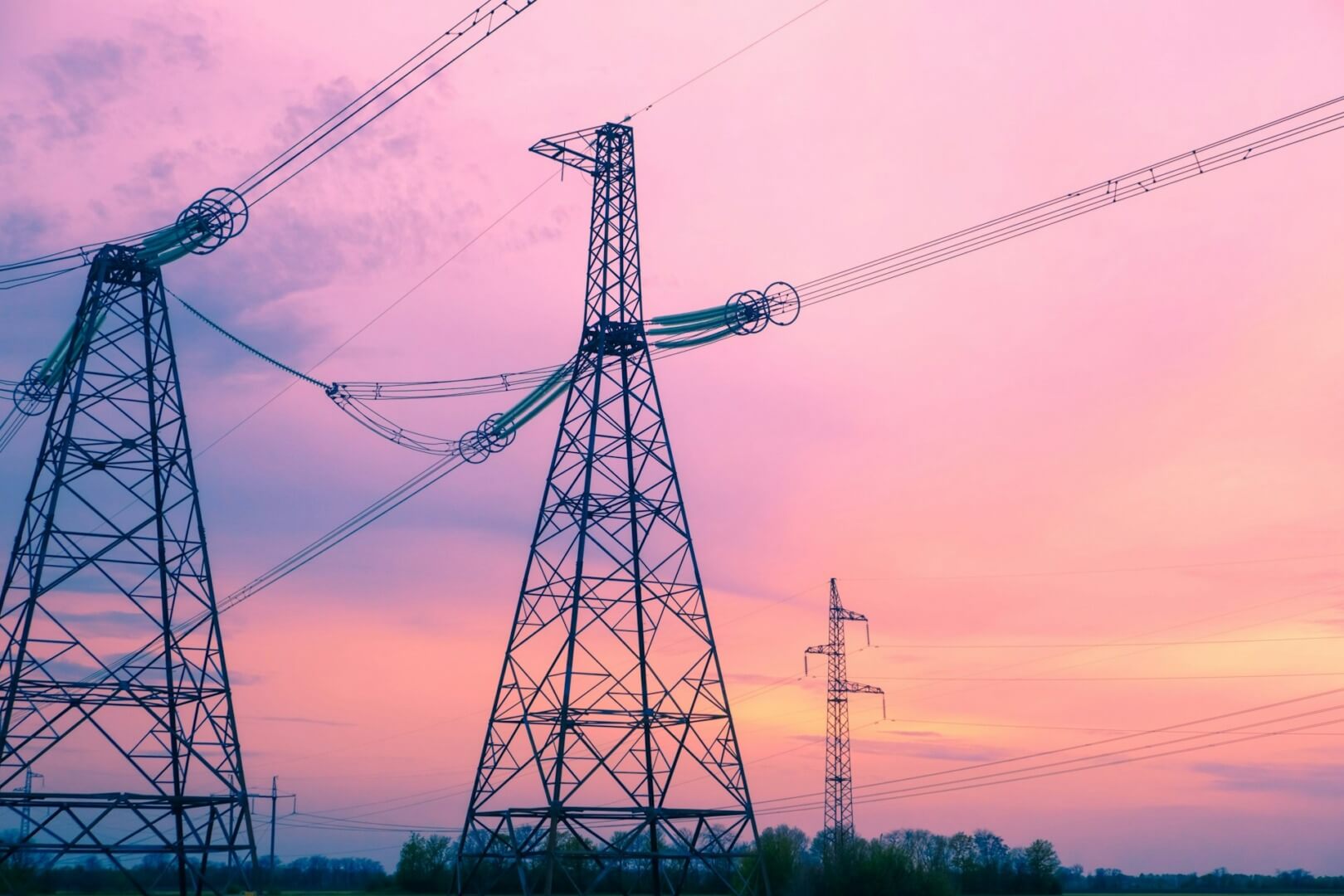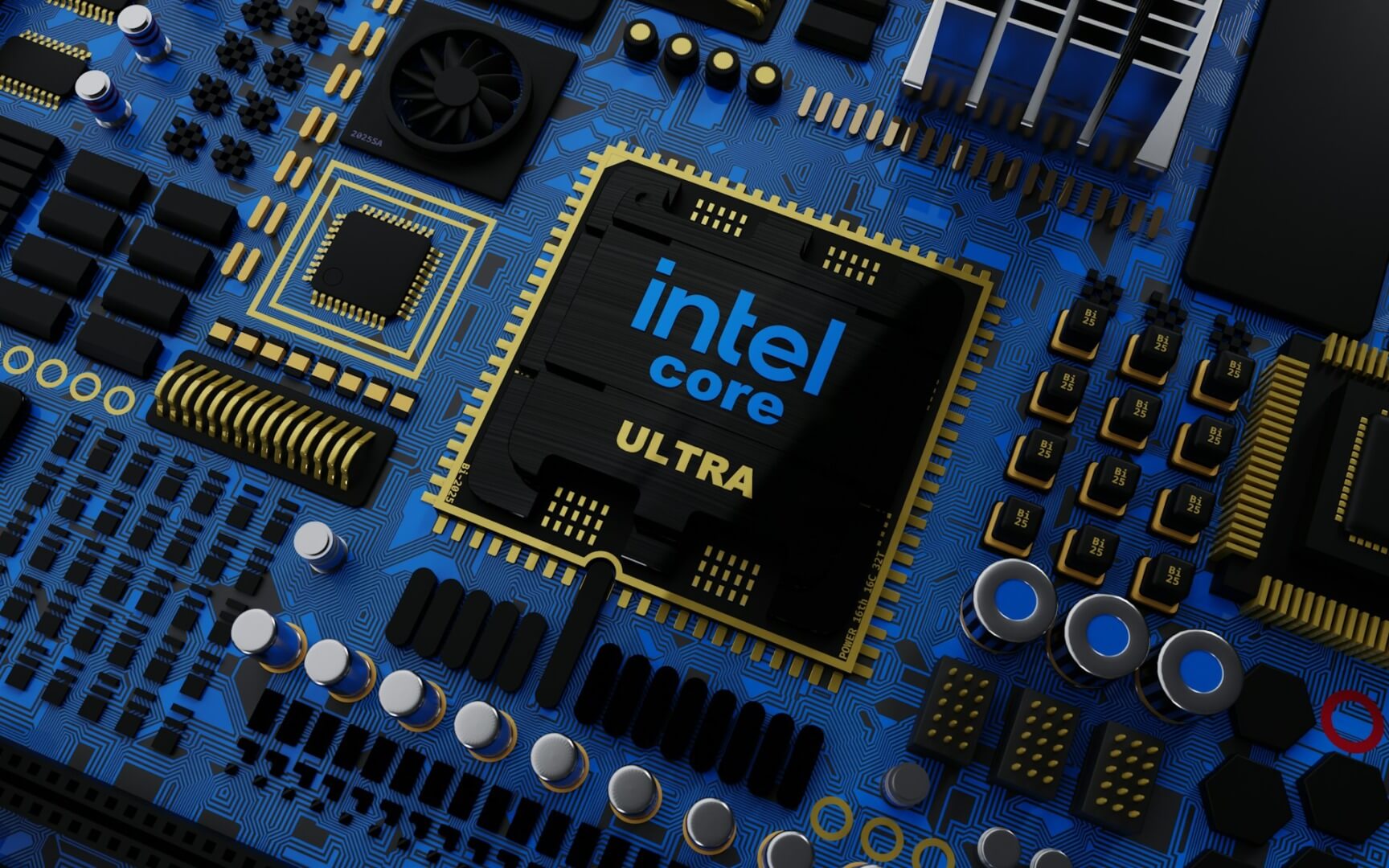The ‘worst attack in France since World War II, the Paris attacks of the 13th November 2015, saw a coordinated series of gun and knife attacks and suicide bombings carried out across the French capital, from the Stade de France in Saint-Denis, to the Bataclan concert hall, and various restaurant and café terraces in central Paris. The events left (including 7 attackers) 137 dead and 416 injured.
Verdict issued in trial over 2015 Paris attacks: Judges hand out their verdict in the trial of France’s worst peacetime attack, the 2015 killing of 130 people in a coordinated gun-and-bomb rampage by Islamist gunmen across Paris.#ParisAttackTrial… https://t.co/9sG24UItLo pic.twitter.com/tk54Nzxmj8
— Graphic News (@GNgraphicnews) June 29, 2022
Shortly after, the Islamic State of Iraq and the Levant (ISIS) claimed responsibility for the attacks saying that it was retaliation for French airstrikes targeted at ISIS in Syria and Iraq.
After a six-year long investigation, the biggest public trial in French history began in September
From the onset, the presiding Judge Jean-Louis Périès warned “We will have to be patient”, advice followed in hearings that lasted over nine months . For the first five weeks, victims and friends and families of victims shared testimonies of loss and grief, and the profound impacts the events had had on them. The plaintiffs expressed different hopes for the trial. Some sought the serving of justice, whereas others sought a psychological closure, almost all wanted their questions answered.
Essentially, the hearings helped piece together vital fragmented experiences
On his experience, Philippe Duperron, of the association 13onze15, whose son was killed in the Bataclan concert hall said that the trials will “stand as a landmark for justice”.
In the next stage of the trials, further evidence was gathered including the playing of audio recordings and videos from November 13 itself, as well as ISIS propaganda and testimonies from the accused.
However, these were often dense and sometimes even contradictory, including those of Salah Abdeslam, the key suspect of the trial who was one of 10 Islamic state extremists who targeted the Bataclan. The trials confirmed that on the night, Abdeslam discarded his suicide belt and fled back to Molenbeek, Brussels.
On the 10th of November, Former French president Francois Hollande, who was in power at the time of the attacks, was asked at his testimony, ‘How, if the attackers lived in France or Belgium, the ‘land of human rights’, could this attack on their fellow citizens be explained’. He responded that this was due to ‘very effective’ propaganda:
“They were lost young people who were promised an imaginary paradise. It is not the fault of the Republic, of the education system…We have done everything possible.”
The trials also shed light on the concept of radical extremist Islam itself, featuring testimonies from academics such as Hugo Micheron.
In his closing statement in April, Abdeslam apologised to victims and said his thinking had “evolved” since he first introduced himself to the court as a soldier for the so-called Islamic State group at the start of the trial.
“I made mistakes, it’s true,” he said, “but I’m not a murderer, I’m not a killer – and if you convict me, you will be committing an injustice.”
The recent outcome: a balanced if “harsh” verdict for some
Of the 20 men on trial, six, including five officials from ISIS, were tried in absentia as they are presumed to have died during the attack.
18 defendants, who stood accused of intending to take part in the attacks or of providing logistical help to the attackers, were found guilty of almost all charges against them, and given various terrorism-related convictions.
For instance, Mohamed Abrini, who admitted to driving some of the Paris attackers to the French capital but denied leading the operation, was found guilty on counts of indictment and handed a life sentence, 22 years minimum term, and a permanent ban from France.
Abdeslam was found guilty on the counts of indictment and sentenced to life in prison. Life imprisonment is the most severe penalty for criminals that can be imposed under French law.
The ruling has only been handed down four times in France since 1994, and it leaves Abdeslam with only a slim chance of parole after 30 years.
Gérard Chemla, a lawyer representing several plaintiffs at the trial, said: “It’s a balanced verdict, harsh for some, less so for others. It’s called justice”
A day after on June 30, Belgium concluded its own trial of secondary accomplices that helped the terrorist cell, finding ten to be guilty and four acquitted.
Trial’s end is a milestone for the worst Islamic terrorist attack in French history, but questions remain unanswered
The unusual life long sentence handed to Abdeslam has been met with relief. Hollande hailed it as an “exceptional” and “exemplary” trial, stating “France has shown that our democracy can be strict without calling into question its rules and its principles”.
The conclusion of the public trial is the end of a marathon process that has left its mark on France and will have long lasting effects on French people, a cathartic moving on from trauma, a means to piece together the lead up, events, and aftermath of the night, and in general, a show of strength and unity in the face of extremism, despite acknowledging the difficulty of recovery from such an event.
Bruno Poncet, a Bataclan survivor, Abdeslam’s lawyers’ effective defence, “It’s important. It proves that the only answer to barbarity is justice and democracy.”
However, the hearings were disrupted by bouts of COVID-19, stubborn silences from the accused, including Osama Krayem, Sofien Ayari and Mohamed Bakkali, and fragmentary and confusing testimonial accounts from the Belgian investigators.
This meant no light was shed on the planning behind the attacks, and the alleged plot to attack Amsterdam’s Schiphol Airport the same day. The process also didn’t clear up reason for the sighting of the car Abdeslam used to drop off the Stade de France bombers at Paris Charles-de-Gaulle airport earlier that day, nor the origins of the six Kalashnikov rifles found on the scenes.
The biggest mystery remains the question of why Abdeslam did not use a Kalashnikov or his explosive vest on the night of the attacks. Doubts were also raised by some of the victims, wondering whether delivering severe jail sentences, particularly a life sentence such as Abdeslam got, does not make it impossible for him to feel remorse and redeem himself: It means, as the father of one victim wrote, ““abandon[ing] the idea of any possibility of remorse, of making amends, of redemption”.
The events of November 13, 2015 continue to shape national debates over French identity, the place of Muslims in a country that identifies itself as secular, and the balance between individual liberty and collective security.
The rising popularity of right wing politicians such as Marine Le Pen reflects these contentions, provoking questions of social justice and tolerance. By any measure, the Paris attacks trial was unprecedented in scale and complexity, reflecting the enormity of an atrocity that sent shockwaves through the country and beyond.
Editor’s Note: The opinions expressed here by Impakter.com columnists are their own, not those of Impakter.com. — In the Featured Photo: Mourners gather for a remembrance service for the victims of the Paris attacks, November 15th 2015. Featured Photo Credit: Wikimedia Commons.














